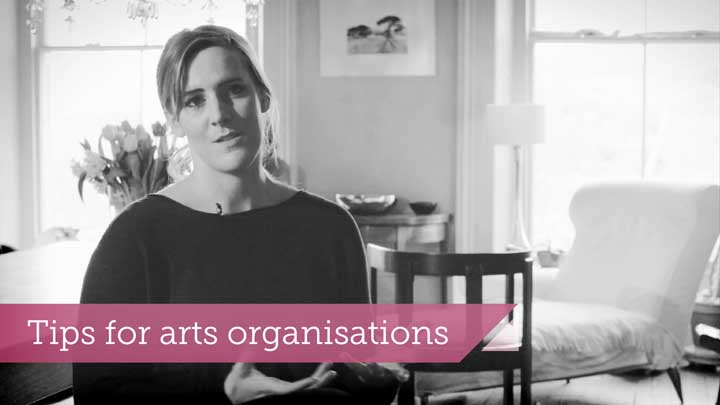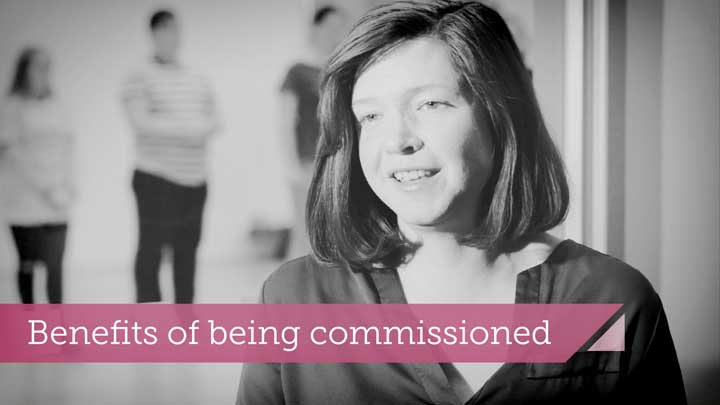There are different kinds of risks that come with commissioning and the specifications are likely to be very detailed. It is important to identify where you can deliver what is being asked and whether you have the evidence to back up your proposal. Identify where you can innovate and be distinctive but also where you can be flexible. It’s best to avoid trying to squeeze a square peg into a round hole!
Understand and manage a different kind of risk

The risk of being funding-led might be more of an issue in commissioning than in other funding arrangements; not because it's more likely to happen, but because the implications of getting it wrong are much more public and could also be damaging to the people involved. For example, working with vulnerable young people is a specialist skill, without which both the young people and the practitioners involved could be exposed to unacceptable risk.
Minimising risk can be achieved by doing all you can to ensure good quality practice is embedded throughout. Recent work by Arts Council England on Quality Principles for working with Children and Young People are worth referring to for any participatory work.
There is a growing impression that arts and cultural organisations have something to offer in any service area. You will need to prioritise by thinking about whether the contract really fits with your expertise, your plans and your possibilities for partnership.
Take up offers of communication or support

Most procurement processes will include some sort of market engagement events or development processes. Commissioners might want to test the service at an early stage with the market, or discuss the broad concept and collaborate around specifying outcomes. They may offer support to providers as part of this process and you need to be signed up to the portal in order to find out what is available. You should make the most of these offers and if time is short you could work with other organisations to pool resources and share information.


